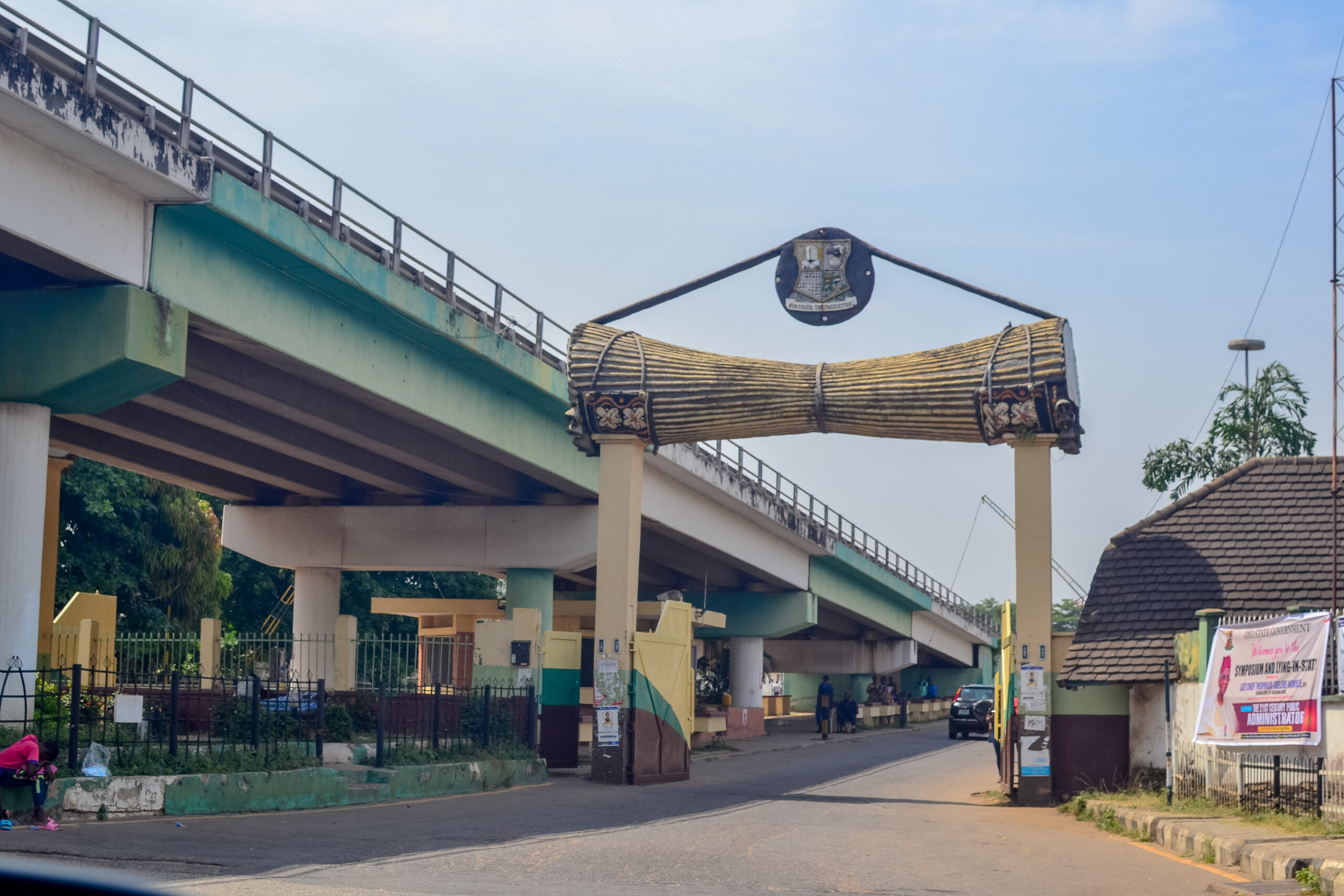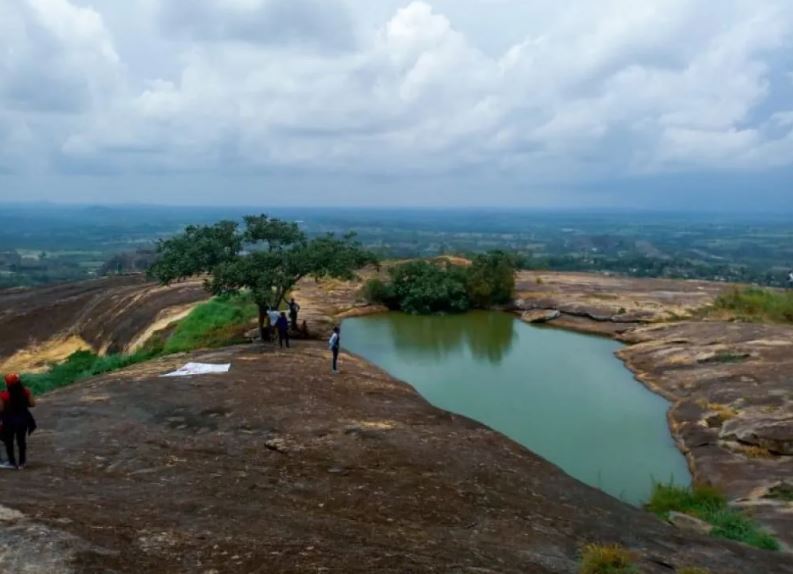7 Interesting Facts About Ibadan: History, Culture, and Must-See Landmarks
Ibadan is for the largest cities in Africa by landmass after Cairo and Johannesburg, Ibadan is a melting pot of traditions, modernity, and natural beauty. Whether you’re a history buff, a culture enthusiast, or you’re just enger, these are some interesting facts about Ibadan that will make you want to share this amazing city with everyone.
Ibadan is the third-largest city in Nigeria with population of about 3million (2006 census), after Lagos and Kano. The city is known for its rolling hills, vibrant markets, and warm hospitality. More populaous than other state in Nigeria with a bustling metropolis that blends tradition with modernity.
1. Historical Significance of Ibadan
– Ibadan was Founded in 1829: Ibadan was established as a war camp for warriors from different Yoruba towns.
– Role in the Yoruba Civil Wars: The city played a major role in the 19th-century Yoruba civil wars, serving as a military stronghold.
– Colonial Era: During the colonial period, Ibadan became a major administrative center for the British.
– First University in Nigeria: The University of Ibadan, established in 1948, is the oldest university in Nigeria.
Ibadan city alone has about 11 recognised Local Government Area having an average of 380,00 people in each of the L.G.A which is against 150,000 people per L.G.A in Nigeria Fed constitution recommendation, this Constitution stipulate 14 L.G.A for provision to create a state and of which we have more than that now.
Ibadan North” L. G. A. is one of the first four most populated L.G.A in the whole Nigeria having about 884,249 people and Oluyole 759,567 people.
2. Cultural Heritage and Traditions
Ibadan is deeply rooted in Yoruba culture. And this is why it makes it very unique:
- Language: The primary language that is being spoken is Yoruba, but English is widely understood.
- Traditional Rulers: The Olubadan of Ibadan is the traditional ruler and custodian of the city’s culture.
- Arts and Crafts: Ibadan is known for its traditional crafts, including beadwork, pottery, and weaving.
- Music and Dance: The city is home to various traditional music and dance forms, such as Bata and Sakara.
3. Famous Landmarks in Ibadan
Ibadan city actually reflect its history and culture. Here are some must-visit sites:
– Cocoa House: was built in 1965 with cocoa money, this was once the tallest building in Nigeria and a symbol of the country’s cocoa trade.
– University of Ibadan Zoo: One of the oldest zoos in Nigeria, housing alot of animals and is a great spot for families.
– Agodi Gardens: A serene park with lush greenery, perfect for picnics and relaxation, that if you wanna cool off your head.
– Mapo Hall: A colonial-era building that serves as the city hall and a historical landmark.
– Ibadan National Museum: Showcases artifacts and exhibits that tell the story of Yoruba history and culture.
– Ibadan has the very first stadium or will i call it Football pitch in Nigeria which i called the Liberty Stadium (now Obafemi Awolowo Stadium) found in 1945 with 35,846 capacity.
– You must be hearing this for the first time about some popular Book Publishers, indeed Ibadan is the home of over 20 printing companies like Ibadan University Press, Macmillan, Oxford University Press, Heinemann, Evans, Odua Press, Spectrum, Bounty etc.
– Ibadan is soo blessed to be the hosts the Regional Headquarter of Central Bank Of Nigeria under Ondo,Delta, Ogun, Kogi,Edo Ekiti, Ilorin, which office is in Dugbe very closed to Cocoa House building.
4. Ibadan’s Unique Geography
Ibadan’s geography is one of its most distinctive features:
- Rolling Hills: The city is surrounded by seven hills, giving it a picturesque landscape.
- Climate: Ibadan has a tropical climate with two main seasons: the rainy season (April to October) and the dry season (November to March).
- Ogunpa River: This river flows through the city and has been a source of both blessings and challenges, including flooding.
- Nigeria Nation Flag: Was designed by an Ibadan man whose name is Mr Taiwo Akinkumi in 1959
- Ibadan – Lagos road is one of the busiest road in Nigeria after Lagos-Abeokuta expressway which is now followed by Abuja-Kaduna express road. Meaning thousand of vehicle passes through road on a daily basis compared to other express road.
5. Education and Innovation in Ibadan
Ibadan is a center of learning and innovation in Nigeria:
- University of Ibadan (UI): The very first university in the whole Nigeria, known for its academic excellence.
- Other Institutions: The city is home to several other universities and research institutes, including The Polytechnic, Ibadann.
- University of Ibadan 1948 (Nigeria’s very first Premier University).
- Nigeria Institute for Social and Economic
- Research, (NISER) located in Orogun before Ojoo
- Institute for Agricultural Research and Training
- (I.A.R &T) Moor Plantation
- Forestry Research Institute of Nigeria (FRIN)
- University College Hospital (UCH) founded in 1948, together with the School of Nursing.
- Federal School of Statistics 10. Federal School of Hygiene
- Federal Co-operative College
- National Institute of Horticulture Research and Training (NIHORT)
- Federal College of Animal Health and Production Technology (widely called Moor plantation)
- Federal College of Forestry .
- International Institute of Tropical Agriculture, IITA (an international/global Institute) suited in Moniya.
- National Cereal Research Institute (NCRI) 1978
- National Root Crop Research Institute (NRCRI)
- Federal College of Agriculture,1921
- Cocoa Research Institute of Nigeria (CRIN)1976
- National Institute of Science Laboratory Technology (NISCLT)
- Ibadan Polytechnic (owned by Oyo State) but they started the institution as the National College of Science and Technology
List of Private Higher Education Institutions in Ibadan:
-
- Immanuel College of Theology
- Lead City University
- BOLMOL Polytechnic
- Dominican University
- Ibadan City Polytechnic
- Tower Polytechnic
- All-Ibadan College of Education
- Mufu Lanihun College of Education
Below are the listed of the popular and oldest Secondary Schools in Nigeria. Which is suited in Ibadan. Schools like:
-
- St. Anne’s School, Molete 1868
- Ibadan Grammar School, Molete, 1913
- Ibadan City Academy, Eleta, 1946
- Lagelu Grammar School, Agugu,1958
- Yejide Girls Grammar School, Kudeti, 1956
- Loyola College, Agodi,1954,
- Igbo Elerin Grammar School, 1957.
- Wesley College, Elekuro, 1905
- St. Theresa’s Girl School, Oke-Ado, 1932
- Ibadan Boys High School, 1938
- Government College, Apata, Ibadan 1927
- Queen School, Apata, Ibadan 1956
- St Patrick Grammar School 1962
- Innovation Hubs: Ibadan is emerging as a hub for tech startups and innovation, with initiatives like the Ibadan Tech Hub.
6. Ibadan’s Food and Cuisine
I’m sure you would wanna have a taste of Ibadan’s cuisine blended with the traditional Yoruba dishes and modern flavors. Here are some must-try foods:
- Amala and Abula: A popular Yoruba dish made from yam flour(Elubo) and served with soups like ewedu and gbegiri.
- Pounded Yam and Egusi Soup: A hearty meal loved by locals and visitors alike.
- Street Food: Try akara (bean cakes), roasted plantains, and suya (spiced meat skewers).
I wouldn’t forget to tell you this, Ibadan has the Largest Shoprite mall in the Nigeria located in Ring-Road.
7. Economic Importance of Ibadan
Ibadan has not became a major economic hub in Nigeria:
- Agriculture: The city is surrounded by a very fertile land, which makes it a center for cocoa, cassava, and maize production.
- Commerce: Ibadan’s markets, such as Bodija Market, Akinyele market, Gbagi market, Dugbe and Mokola Market, Beere are bustling centers of trade.
- Manufacturing: The city has several industries, including food processing and textile manufacturing.
Frequently Asked Questions (FAQs)
1. What is Ibadan known for?
Ibadan is known as the City of Brown Roofs having a rich cultural heritage, and unique landmarks like Cocoa House and Mapo Hall.
2. What language is spoken in Ibadan?
The primary language is Yoruba, but English is widely spoken.
3. What is the best time to visit Ibadan?
There absolutely no time you cant visit Ibadan So, you’ll definately love to have you in our midst.
4. How do I get to Ibadan?
You can travel to Ibadan by road, train, or air. The city is well-connected to major Nigerian cities.
5. What are some must-try foods in Ibadan?
Don’t miss amala and abula, pounded yam with egusi soup, and akara.




Post Comment